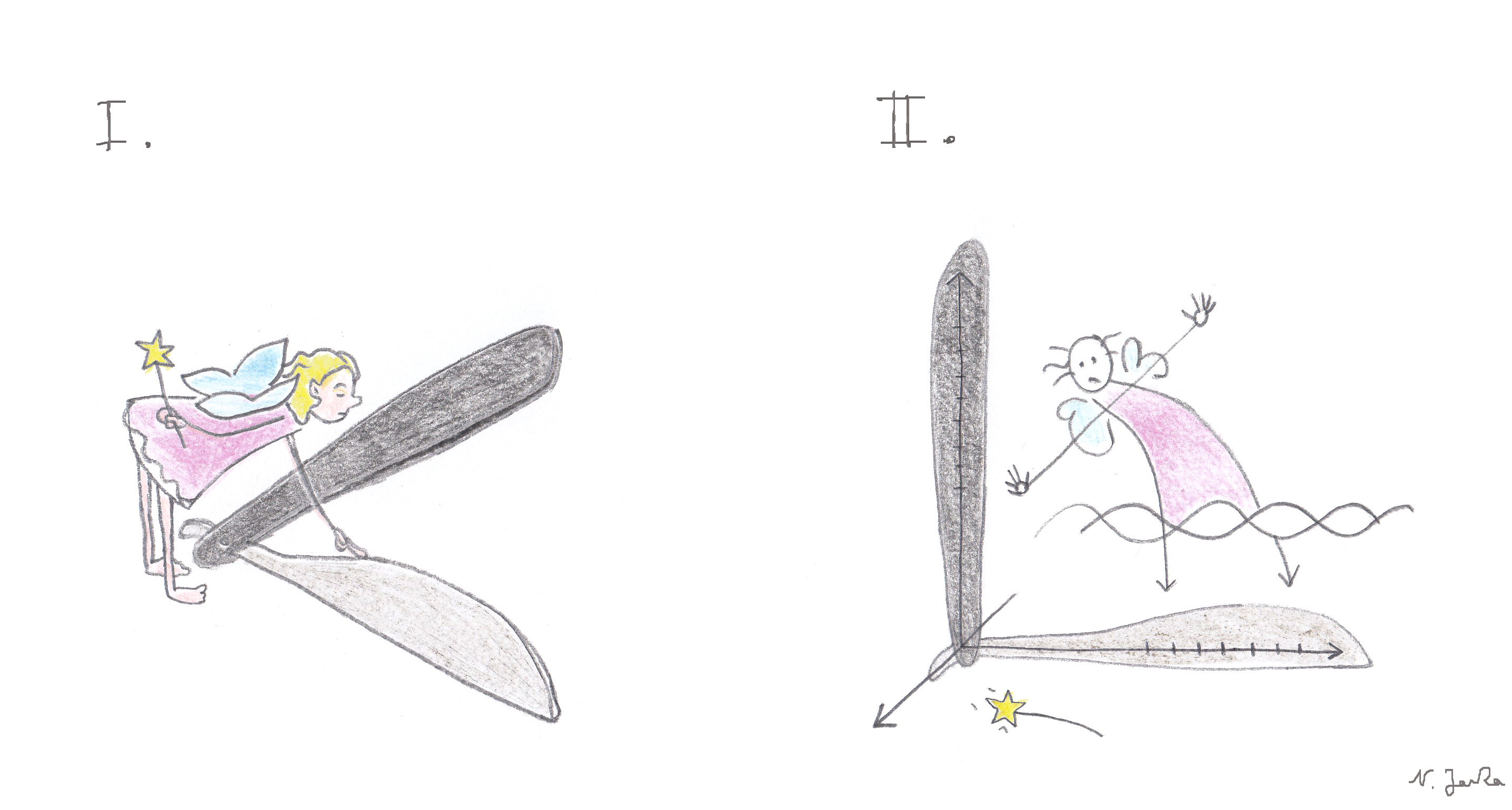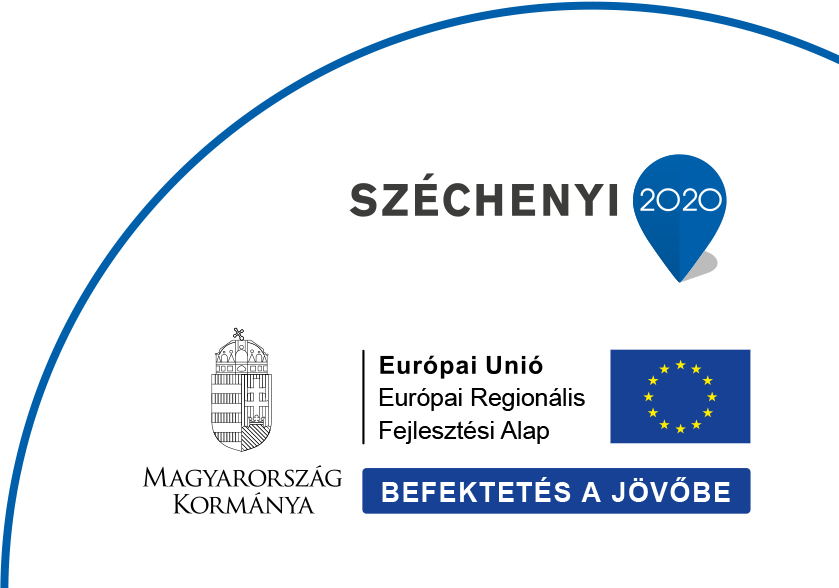The oldest scientific journal of the world, the Philosophical Transactions of the Royal Society, passed 378 years in 2020. (More information about the journal: https://royalsocietypublishing.org/rstl/about)
Continuing its long history of influential scientific publishing, Philosophical Transactions A publishes high quality theme issues on topics of current importance and general interest within the physical, mathematical and engineering sciences, guest-edited by leading authorities and comprising new research, reviews and opinions from prominent researchers. These are like nonlinear structural dynamics ( https://royalsocietypublishing.org/toc/rsta/2015/373/2051 ), muography (https://royalsocietypublishing.org/toc/rsta/2019/377/2137 ), or statistical physics of earthquakes ( https://royalsocietypublishing.org/toc/rsta/2019/377/2136 ), mentioning only a few, Hungarian related issues in the last years. The issues are edited by guest editors inviting the experts of the particular field of research. One should submit a proposal for a theme issue. The latest volume is entitled "Fundamental Aspects of Nonequilibrium Thermodynamics", guest-edited by a researcher of our institute, Peter Ván.

What is the idea of this theme issue? What are the fundamental problems in this field? - we asked the editor.
Usually, non-equilibrium thermodynamics is considered as an emergent theory. The laws of thermodynamics are believed to be derived knowing the behaviour of the microscopic constituents fo matter. At the same time, the laws of thermodynamics are universal; any kind real matter have temperature and its entropy is increasing, independently of its microscopic or mesoscopic structure. This is the starting point of nonequilibrium thermodynamics that analyses the properties of matter from the point fo view of general laws. Neglecting the second law is a mistake whether we are investigating the properties of quark matter or cracking of rocks. One of the main motivations of the theme issue is related to the possible thermodynamic origin of the theory of gravity (see e.g. https://link.springer.com/article/10.1007/JHEP04(2011)029 ). The second law may have a more profound background, then generally considered.
The laws of physics are describing an ideal world without dissipation. Friction, losses are all disturbing factors to be eliminated. However, in reality, dissipation cannot be avoided. One can minimize the losses better if it understands the mechanism at the background. The fundamental problem of nonequilibrium thermodynamics is obtaining the dissipative evolution equations from the previously mentioned general laws. There are at least 6 larger schools deriving dissipative evolution equations with various methods. They emphasize the importance of different mathematical and physical principles and are specialised for not always overlapping research fields. In these methods, the relation of mathematics and physics is subtle, and the usage of Ockham's razor requires attention.

For example, according to the Russian Godunov school, the mathematical structure of the partial differential equations for dissipative systems must be symmetric hyperbolic. Then they are strongly connected to the variational principles of physics, and, also, one can use powerful numerical methods. Other groups, with different ideas, achieved excellent results, too.
Why edit a special issue, instead of focusing on new results and their publication?
One may have many reasons, the journal excellently summarizes most of them: https://royalsociety.org/journals/authors/benefits/theme-issue/
My primary motivation for submitting a theme issue proposal was to initiate a more focused, more aligned research in the field, to pay more attention to each other work for these somewhat divergent researches, to obtain a united view from the fragments sooner and later. I think that we are close to getting a uniform methodology to derive the dynamics of both dissipative and ideal systems. Collective efforts and collaboration can improve the effectivity of research in theoretical fields as well. Reading the papers from the various branches of thermodynamics after each other in this special issue is enlightening. The goal itself is fascinatig because main metaprinciples behind the laws of nature are believed to the variational. Now, hopefully, we can understand more. As the guest editor, I should read the manuscripts of the colleagues much more thoroughly than I would have done without the theme issue. This was already very useful, as we should have rewritten several times our own paper with Robert Kovács, because of that. In our paper, we are arguing that variational principles are not necessary at all, the second law alone can provide evolution equations for to both dissipative and ideal systems.
The actual volume of the PTRS: https://royalsocietypublishing.org/toc/rsta/2020/378/2170
The index of the actual volume can be downloaded from here .



